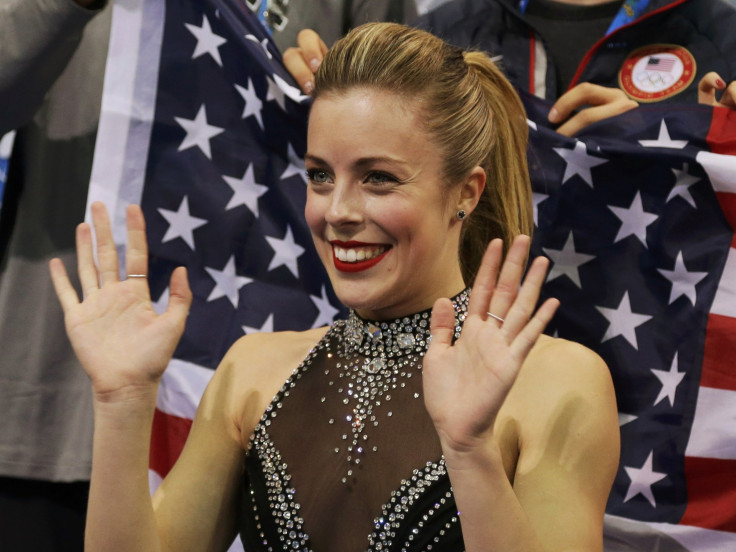Olympic Figure Skater Ashley Wagner Reveals She Was Sexually Assaulted At 17

On Thursday, Olympic bronze medalist Ashley Wagner came forward for the first time with her own story of sexual assault. According to the skater, the incident occurred in June 2008 after a party she attended with her skating team in Colorado Springs, Colorado. At the time, she was 17 years old.
Wagner revealed to USA TODAY that at that party, the late John Coughlin, a fellow skater, had allegedly gotten into bed with her where he began "kissing and groping her." This, she said, caused her to be "paralyzed in fear" as the then-22-year-old made the unwanted advances.
This is not the first time that Coughlin has been accused of exhibiting such behavior. In May, Bridget Maniotka, his former skating partner between the years of 2004 and 2007, posted on Facebook that he had also sexually abused her for two years.
During that time frame, Coughlin was between the ages of 18 to 21 to her 14 to 17. In a Jan. 7 email to USA TODAY, Coughlin had referred to Maniotka's claims as "unfounded." He died by suicide on Jan. 18.
After the incident took place, the Olympian said she only told two people, who have since corroborated her story. Wagner also said that she made the decision to use his name specifically because if she didn't she feared that people would question her credibility.
As for what influenced her to stay silent until now, the skater discussed the environment in the sport that had previously affected her decision.
"I was a young skater coming up through the ranks in a judged sport. I didn't want to stir the pot. I didn't want to add anything to my career that would make me seem undesirable or dramatic. I didn't want to be known in figure skating as the athlete who would cause trouble. And I genuinely didn't feel like anyone would listen to me anyway. Everyone really liked this guy. I even liked him," she said.
Continuing, she discussed the issue she sees in the sport of figure skating regarding the differences in age.
"It is not normal for kids and teenagers to be in the same social environment as adults. But in figure skating, it happens all the time. Thirteen-year-old girls can be on the same international team as 21-year-old men, traveling on the same flights, staying in the same hotels, eating all of their meals together," the skater stated.
She cited the #MeToo movement as helping her to feel comfortable enough to speak out about what had transpired, as she had been too afraid to do so in the past. However, she added that seeing 13-year-old Alysa Liu win a national championship is what truly made her feel as though she needed to come forward, and she revealed that she hoped her actions would make "this sport safer for those kids."
"At the end of the day, however, I had to make a choice: to stay quiet or to push forward and demand change in a sport that I love. When I looked at it that way, the decision became crystal clear," and, she said, "I chose to speak up."
© Copyright IBTimes 2024. All rights reserved.











